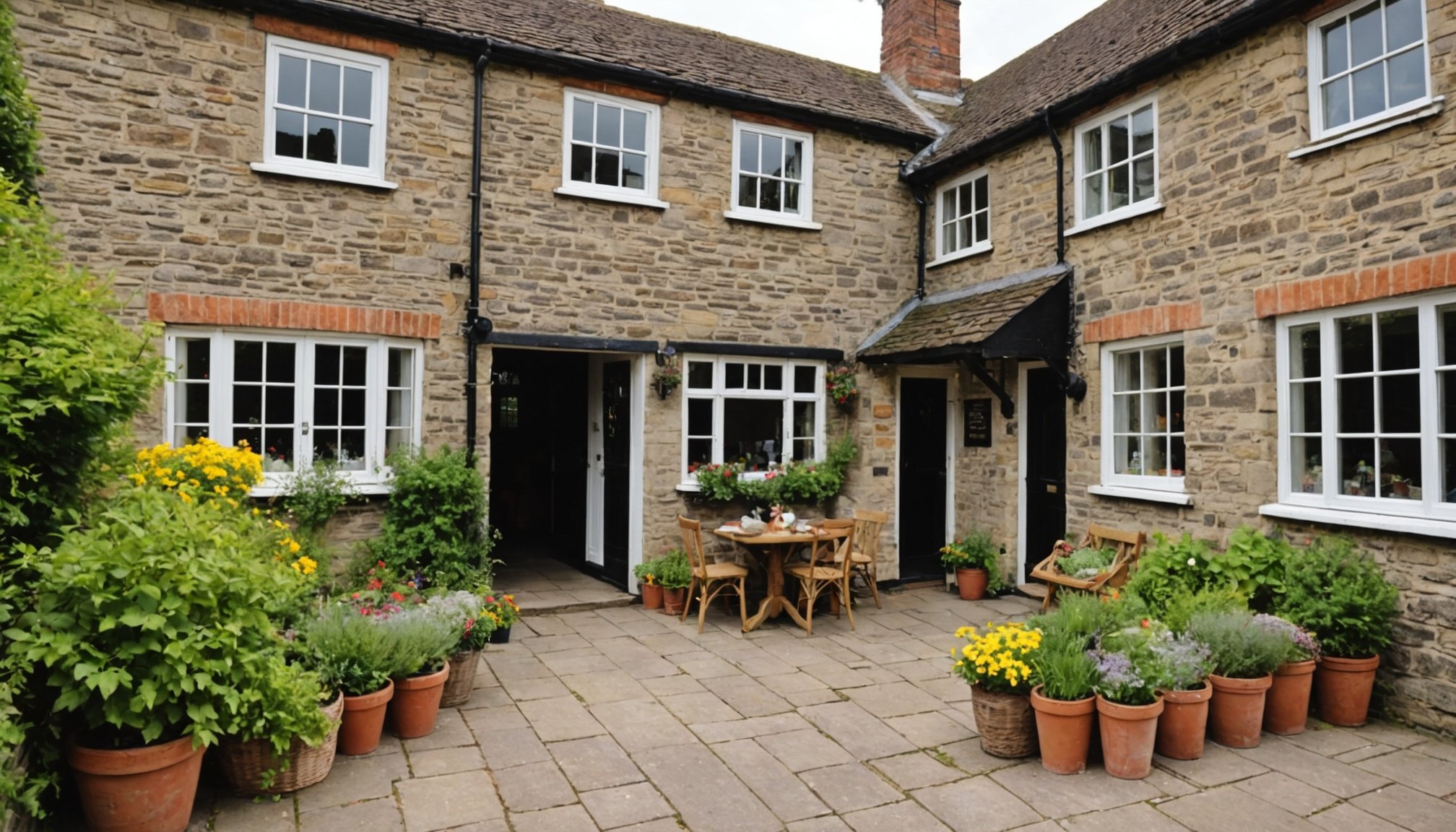The Essence of Authentic British Cuisine
Authentic British cuisine is a tapestry of traditional dishes that tell a story about the country’s rich culinary heritage. Dishes like fish and chips, roast dinners, and shepherd’s pie are not just meals; they are a reflection of history and regional identity. Each dish offers a glimpse into the past, providing a taste of the historical influences that have shaped the country’s culinary evolution.
The British Isles have been a melting pot of various cultures, each contributing to the diversity found within traditional British dishes. From the Romans to the Normans, and more recently the influences from the Indian subcontinent, every era has left its mark on the dynamic flavours of British cuisine.
Also to discover : Must-Visit Spots to Dive into British Aviation History with Exciting Interactive Displays
One mustn’t underestimate the role of local ingredients in crafting authentic flavours. The bounty of local produce—from root vegetables in hearty stews to fresh herbs in sauces—imparts a distinct character to each dish. Sourcing local ingredients not only supports the community but enhances the authenticity of the cuisine, allowing each bite to resonate with the land’s essence. The interplay between historical tapestry and modern advancements culminates in the delightful complexity of today’s British cuisine.
Exploring Rural Villages as Culinary Destinations
Embracing the charm of rural villages offers travellers a unique perspective on British culinary experiences. These quaint destinations provide a deeper connection to the land and its produce.
This might interest you : Journey Through Time: Uncover the British Monarchy’s Legacy with Engaging Guided Royal Palace Tours
Notable Villages to Visit
In the UK, each rural village showcases distinct culinary traditions. For instance, Stow-on-the-Wold in the Cotswolds is famous for its hearty fare, while Bakewell offers its celebrated tart. Not only do these villages provide delicious local cuisine, but they also host vibrant markets that are a feast for both the eyes and tastebuds. Visitors can fully immerse themselves in the local culture by exploring these bustling hubs of culinary activity.
Engaging with Local Chefs
Many chefs in these villages have perfected traditional British dishes, focusing on the impact of locality on their cooking styles. Engaging with these culinary experts through workshops and tastings can provide valuable insights into the nuances of authentic cuisine. Participation in such experiences allows one to appreciate the dedication and skills required to craft traditional fare.
Gastronomic Tours and Experiences
Planning a gastronomic tour can maximize the travel experience. Consider itineraries that align with local festivals celebrating British cuisine. These events showcase the diversity and depth of rural culinary offerings, making them ideal for food-loving travellers seeking adventure.
Visual Journey Through British Cuisine
Embarking on a photographic journey offers more than just visual delight; it is a powerful means to capture the culinary culture of British cuisine. Through the lens, dishes tell stories, and landscapes present the backdrop of culinary traditions, allowing for a robust visual storytelling experience.
To effectively capture the essence, focus on the details: the steam rising from a loaf, the textures of shepherd’s pie, or the colour contrast in a full English breakfast. These elements speak volumes of the rich textures and variety found in authentic British cuisine.
When photographing, consider the lighting and composition to highlight the intricate details. Optimal lighting, preferably natural, sets the stage for food photography, while thoughtful composition ensures that the dish remains the focal point.
Include striking images of village life; these capture the context in which traditional dishes are enjoyed. Dappled light over cobblestone streets or the vibrant displays of produce in local markets add depth to the story told through images. Whether savouring cultural heritages or modern culinary innovations, culinary photography immortalises the journey, inviting exploration and celebration of British culinary treasures.
The Cultural Impact of British Cuisine
The cultural significance of British cuisine is deeply intertwined with the identity of many communities, especially in rural areas. Traditional food traditions such as Sunday roasts and afternoon teas bring people together, fostering connection and continuity. In villages, shared preparation and meals fortify kinship, weaving food into the social fabric.
As British cuisine evolves, it embraces contemporary influences while respecting its roots. This evolution showcases both diversity and unity, blending customs from abroad with local culinary heritage. For instance, the integration of spices from the Indian subcontinent has enriched classic dishes, illustrating a dynamic cultural exchange.
Celebrating food as a form of cultural expression reveals the intricate stories behind each dish. Events, such as food festivals and cook-offs, spotlight local specialties and offer platforms for communities to share their culinary artistry with a broader audience. By engaging with these traditions, individuals contribute to preserving and evolving British gastronomy. Ultimately, the food not only satiates but also educates and inspires. Embracing these elements fosters a deeper appreciation for distinct regional cuisines and their enduring impact on cultural identity.
Practical Tips for Experiencing British Cuisine
Exploring British cuisine is an adventure every food lover should embark on. Understanding when and where to indulge in authentic flavours can greatly enhance your culinary experience.
Best Times to Visit Rural Villages
Timing is crucial in fully appreciating local food festivals and events. Villages in the UK celebrate variations in seasonal foods, offering distinctive dishes that highlight the freshest ingredients. For instance, visiting in spring ensures access to fresh asparagus and lamb, integral to several traditional dishes.
Navigating Food Markets and Local Eateries
Connecting directly with producers at local markets is vital. Engage with food vendors to gain insight into regional specialities and the culinary heritage behind them. Supporting these local businesses not only guarantees fresh and authentic meals but also strengthens the community.
Creating Your Own Culinary Journey
Recreating authentic British dishes at home is feasible with the right resources. Seek out trusted cookbooks and online guides dedicated to traditional British recipes. By spending time in kitchens, either at home or in workshops, one can truly grasp the essence of British culinary artistry and extend the experience beyond the travel itself.











